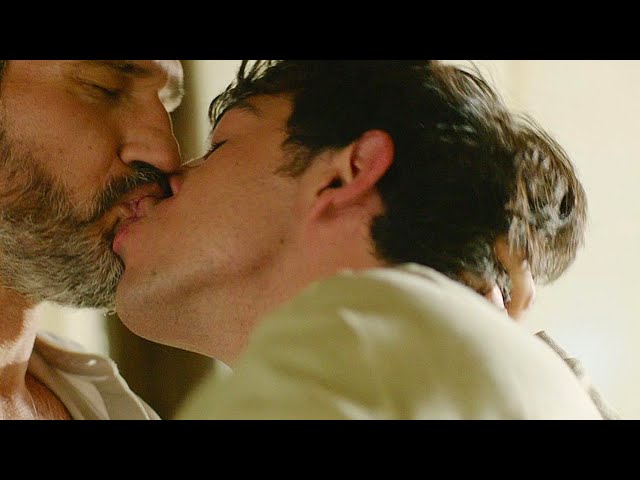Endless Summer Syndrome (2023)
June 26, 2025
Endless Summer Syndrome (2023): A Luminous Portrait of Youth, Grief, and the Season That Never Ends
Some films speak in whispers. Others in silence. Endless Summer Syndrome (2023) hums like a fading memory — golden, aching, and impossibly alive. In this sun-drenched indie gem, director Lila Bennett crafts a coming-of-age tale that floats between dream and reality, offering a haunting exploration of adolescence trapped in limbo — both literal and emotional.

Resumen de la Trama
Set in a sleepy coastal town where the sun never seems to set and time feels suspended, the story follows 17-year-old Jamie (Noah Jupe), who is still reeling from the sudden death of his older brother. As the world moves on, Jamie finds himself caught in an endless summer — not just meteorologically, but emotionally. His friends are drifting, the ocean is rising, and something unseen in the air keeps everyone on edge.
When he meets Luna (Lana Condor), a mysterious, quietly rebellious newcomer who claims she’s lived “through this before,” Jamie begins to unravel the truth: the town may be stuck in more ways than one. Together, they embark on a journey to break the cycle — confronting grief, guilt, and the fragile beauty of impermanence.

Análisis Artístico
Visually, the film is breathtaking. Cinematographer Ava Morneau bathes the screen in honey-gold light, casting long shadows over wide beaches and empty roads. The use of static shots and slow pans gives the film a hypnotic quality, blurring the line between nostalgia and nightmare. There’s an otherworldly stillness to every frame — as if the town is holding its breath.
Actuaciones
Noah Jupe delivers a quietly devastating performance, carrying every scene with a vulnerability that never asks for pity. His portrayal of Jamie — broken but searching — is raw, honest, and unforgettable. Lana Condor shines with melancholic grace, her character offering warmth and mystery in equal measure. Their chemistry is tender, never forced, like two souls meeting on the edge of the world.

Carga Emocional
This isn’t just a film about grief — it’s a meditation on memory, time, and the terrifying thought that moving forward might mean letting go. Scenes linger longer than expected. Characters stare into space, say half of what they mean. The silence speaks volumes. And when the emotional waves do crash, they hit with the force of years held in.

Tono y Ritmo
The pacing is slow, deliberate, but never dull. It mimics the emotional paralysis of its characters — the inability to move on when everything around you stands still. The original score by Ólafur Arnalds blends minimalist piano with distant ocean sounds, creating a soundscape that feels like drowning in a lullaby.

Conclusión Final
Endless Summer Syndrome is not about resolution — it’s about reckoning. It’s about standing knee-deep in the tides of loss and asking, “What now?” It’s a film for anyone who’s ever felt time stop after heartbreak, for those who know that summer isn’t always sunshine.
In the end, this film doesn’t offer closure. It offers a window. And sometimes, that’s enough.

